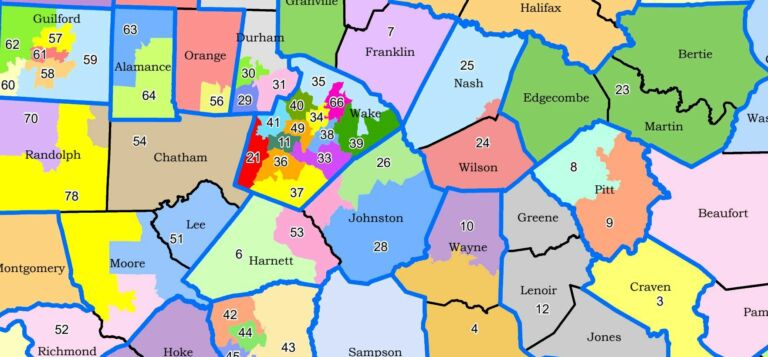The following is my prepared testimony at the October 25, 3:00 PM redistricting hearing. As usual, the spoken remarks do not correspond exactly with the prepared remarks.
Thank you for providing this opportunity to speak.
The criteria the joint redistricting committee approved are good for assuring that districts you eventually approve will reflect the character of the areas those districts represent. While none of the congressional maps I have seen submitted so far meet those criteria, I am confident that the final map will. I am particularly grateful that the joint redistricting committee’s proposed criteria includes a ban on using political and racial data for redistricting. The ban on racial data is especially important in making sure that racial considerations do not predominate in designing districts.
While hearings like this are an important part of the redistricting process. Organizations are trying to manipulate the process by training people on not just how to testify at public hearings, but what to say at those hearings. Those groups are seeking to salt hearing records to build a public record for lawsuits against any districts the General Assembly passes.
One group in particular has been active in seeking to use redistricting hearings as tools for litigation. All On The Line is a wholly owned project of the National Redistricting Action Fund, a 501(c)(4) that functions as the “advocacy and lobbying arm” of Eric Holder’s National Democratic Redistricting Committee
This is not conjecture. One of the leaders of the North Carolina project of All On The Line has publicly stated that they want to have testimony in the public record that can, and I quote, “be impactful during any future litigation.”
Of course, we have the right to form organizations to help instruct members of the General Assembly. However, let’s not pretend that the comments presented at these hearings are representative of the general public.
Supporting research:
Partisan Interest Group Seeks to Dominate Redistricting Process
Partisan Activists Choose Posturing for Future Litigation Over Voter Participation


